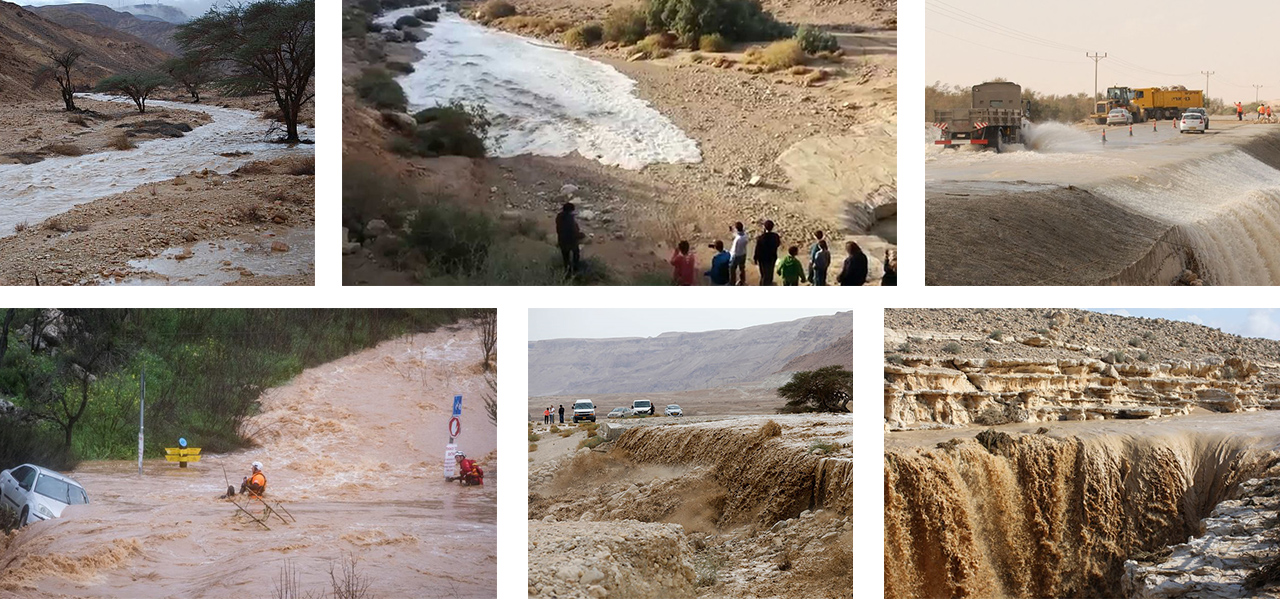Yesterday, my neighbor’s gazebo crashed in my yard.
As I looked out the window, the intense wind storm had picked up their newly built gazebo and sent it flying over the fence, only to be bent and broken in my backyard.
As I helped this single mother and her daughter pick up the pieces that had scattered about, she told me how a few minutes before it took flight, she wondered if the gazebo was secure enough amidst the winds.
Obviously not.
While we laughed about what happened, it was sad to see something I helped them build a couple days prior, smashed, ruined, and not good for anything other than the scrap heap.
After picking up the pieces, I was reminded of Jesus’ concluding story of two builders at the end of the Sermon on the Mount.
One was wise and built his house securely upon the rock. The other, called “foolish,” decided to go the easy route and build his house down in the sand.
Jesus’ listeners immediately knew what He was referring to – the wadis, or ravines, in Israel near Jerusalem and the Jordan Valley.
In the dry season, the bottom of the wadis are dry, easily accessible, but are full of sand. To build upon the rock means you need to carry supplies up the steep cliffs and built upon the tops of the ravines.

One is easy and convenient. The other is difficult and laborious.
Sounds a lot like what Jesus said earlier in Matthew 7: “Enter at the narrow gate, for wide is the gate and broad [spacious, easy] is the way that leads to destruction, and there are many who are going through it, because small is the gate and narrow [hard, compressed, difficult] is the way which leads to life, and there are few who find it” (7:13-14). One is easy and convenient, the other narrow and difficult.
To build down in the wadi may be temporarily convenient, but the rainy season is on the horizon and the flash floods fill the wadis, taking everything with them.
Even in modern days, a few people die every year in Israel’s wadis because they were foolish to be out there when the winds and rains came. Even cars and buses have been pushed off roads during these flash floods that sweep down the steep ravines heading toward the Dead Sea.

What was Jesus’ point?
He was comparing your response to His words with choosing where to build your house. If you heed and obey, while it may be difficult at times, your life is built securely upon the rock. If you take His words lightly or passively and do not do them, you set yourself up for destruction when the floods come.
And the winds and rains always come, eventually.
How do we treat God’s Word? Is it flippant and light, or serious because it’s the truth?
Jesus said that His Word sanctifies our lives (John 17:17). It transforms us into the man and woman we are called to be – but only when we come under its authority, believe it as true, and walk in obedience.
How is your life built? Firm, secure, and unmovable upon the rock … or shaky and unstable upon the sand of the wadis?
Both individuals in the story heard the same words of Jesus. Both experienced the same rainstorm. Yet two totally different outcomes.
What about you?
Perhaps before the winds pick up, we should double-check to make sure our gazebos of life are secure, rather than merely hope it will make it through the storm.
“… narrow is the way which leads to life, and there are few who find it” (Matthew 7:14b). “I am the way, the truth, and the life. No one comes to the Father except through Me” (John 14:6).
Know I’m praying for you as you build your life upon the rock of Jesus Christ.
Disclosure of Material Connection: Some of the links in the post above are “affiliate links.” This means if you click on the link and purchase the item, deeperChristian will receive an affiliate commission (with no additional cost to you). It is a great way to support the work and ministry of deeperChristian. Regardless, we only recommend products or services we use personally and believe will add value to our readers. We are disclosing this in accordance with the Federal Trade Commission’s 16 CFR, Part 255: “Guides Concerning the Use of Endorsements and Testimonials in Advertising.”












